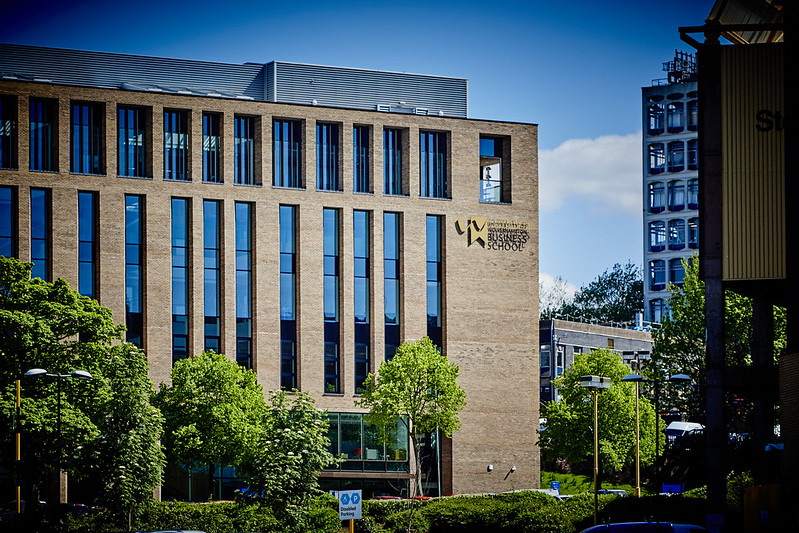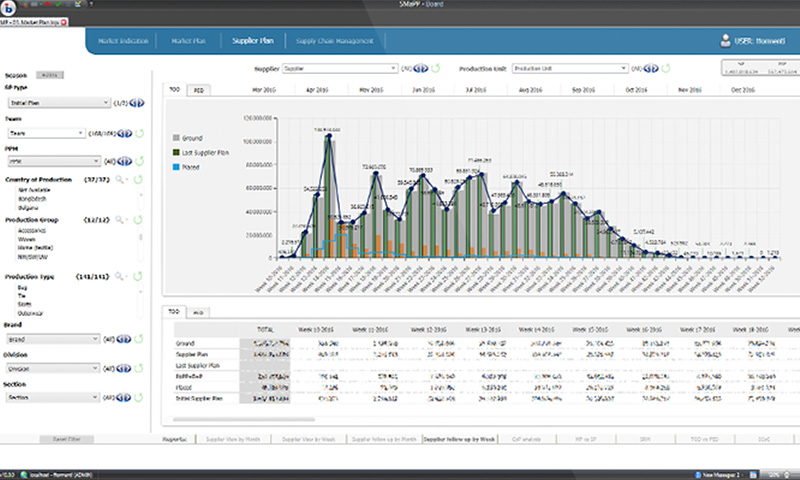The module will focus on the contemporary research area and global cases of Tourism and Hospitality. The module will cover a wide range of topics based on the recent research areas from Innovation, Competitiveness, Digitalisation of tourism and hospitality business to diversification, Leadership and People’s management and Emerging market issues.
This module explores the management of hotel and accommodation business examining trends and practices in the context of developments in the digital age. It examines sector practices in the areas of technology adoption, security management, corporate social responsibility (CSR), profitability and service delivery. The module also provides students with critical understanding of the role of entrepreneurship in the development of hotel and accommodation business.
Innovation is vitally important for modern enterprises in the development of products and services. Advances in technologies, changing customer behaviours and globalisation are all providing opportunities for new business models. This module explores ways of managing innovation and entrepreneurship and developing and creating new ventures. The module is concerned with the achievement of organisational objectives whilst making efficient use of its resources. This module will examine a wide range business operations management concepts in the production of goods or services, the module will also look critically at the strategic planning process by assessing both the internal and the external environment of an organisation, followed by selecting a number of strategic options, actions and choices to achieve organisational objectives. The module will help develop skills in identifying, formulating and solving business problems through creative and entrepreneurial processes. The ability to recognise the need for and initiate change will be developed through the use of business cases.
Effective leaders, managers, citizens and employees need to be capable of basing their decision-making on information and knowledge derived from research. The aim of this module is to contribute to the research knowledge and skills appropriate for a taught master's programme and relevant for careers in professional or management roles. The participant is required to produce a dissertation, at an advanced level, based on independent research. This should demonstrate an understanding of the philosophy and core principles of research (empirical or non-empirical) and show their competence in the design, execution and reporting of a research-based dissertation. In this way the participant’s ability is developed to carry out subsequent research, independently and to commission, manage and evaluate the research activities of others. Therefore, the knowledge and skills acquired in the module and of producing the project, will contribute to the student's effectiveness throughout her/his career.
This module provides an in-depth investigation into the sustainable development of tourism. It looks at the underpinning theories, practical techniques and current issues which are of relevance to those seeking to develop tourism resources at a national, regional and sub-regional level. Students will encounter a wide range of issues related to the development of tourism in both the public and private sectors. The module also aims to provide a rigorous understanding of the implications of tourism development and to deliver a detailed critical examination and evaluation of techniques and methods available to planners and developers of tourism.


/prod01/wlvacuk/media/departments/digital-content-and-communications/images-18-19/iStock-163641275.jpg)
/prod01/wlvacuk/media/departments/digital-content-and-communications/images-2024/250630-SciFest-1-group-photo-resized-800x450.png)
/prod01/wlvacuk/media/departments/digital-content-and-communications/images-18-19/210818-Iza-and-Mattia-Resized.jpg)
/prod01/wlvacuk/media/departments/digital-content-and-communications/images/Maria-Serria-(teaser-image).jpg)
/prod01/wlvacuk/media/departments/digital-content-and-communications/images-2024/241014-Cyber4ME-Project-Resized.jpg)
/prod01/wlvacuk/media/departments/digital-content-and-communications/images-18-19/210705-bric_LAND_ATTIC_v2_resized.jpg)





